

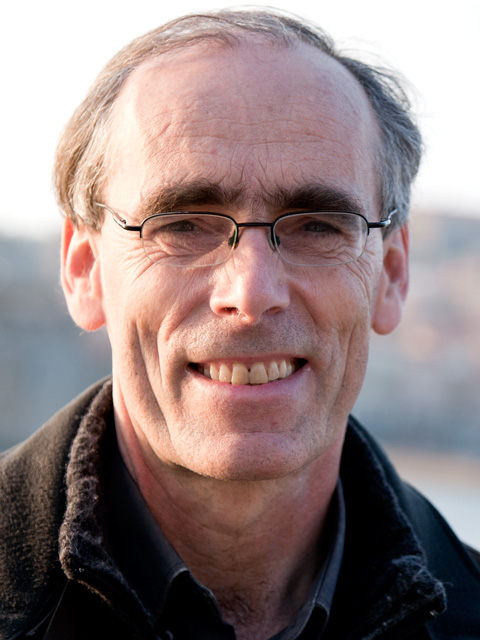

I recommend the Seoul Statement to a wide readership, It presents in a concise way an approach to mission that has the potential to bring together theologians and practitioners.
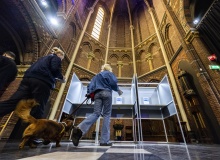
How can or should churches respond to the upsurge of nationalism in general, and in particular the way in which it plays a key-role in populist movements?
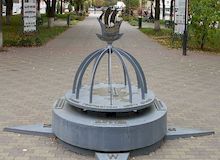
Europe is polycentric, not only on the cultural but also on the spiritual and religious level.
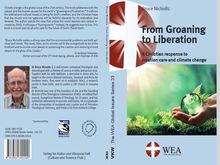
Bruce Nicholls gives a rapid overview of the issue of climate change and then concentrates on the Christian response.
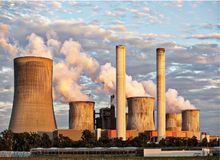
Energy, inflation, environmental degradation and the call for simpler living.

Without the constant renewal of Christ’s peace in our hearts, our emphasis on simple living may be purely a matter of economics and even politics.
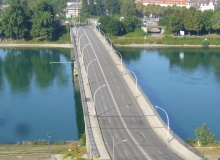
The challenge for the peoples of Europe today is to find the balance between protecting borders and open borders.

The answer to the question ‘are you religious’ or ‘do you belong to a religion’ depends on what the respondents understand by being ‘religious.’

Let us not forget the future hope and comfort that enabling people to die well will bring.

The peoples in the east have resisted militant atheism. We, the west, are under another form of atheism which is a sort of political agenda.

For a long time, the main thrust of politics with respect to religion was separation of Church and state. In our secularised multi-religious society, the question is: how can churches contribute to the common good in society?

To be strong in one area of religiosity does not guarantee that a person will be strong in other areas. Inconsistency may be evident in any one of the parameters of being Christian.

Las opiniones vertidas por nuestros colaboradores se realizan a nivel personal, pudiendo coincidir o no con la postura de la dirección de Protestante Digital.